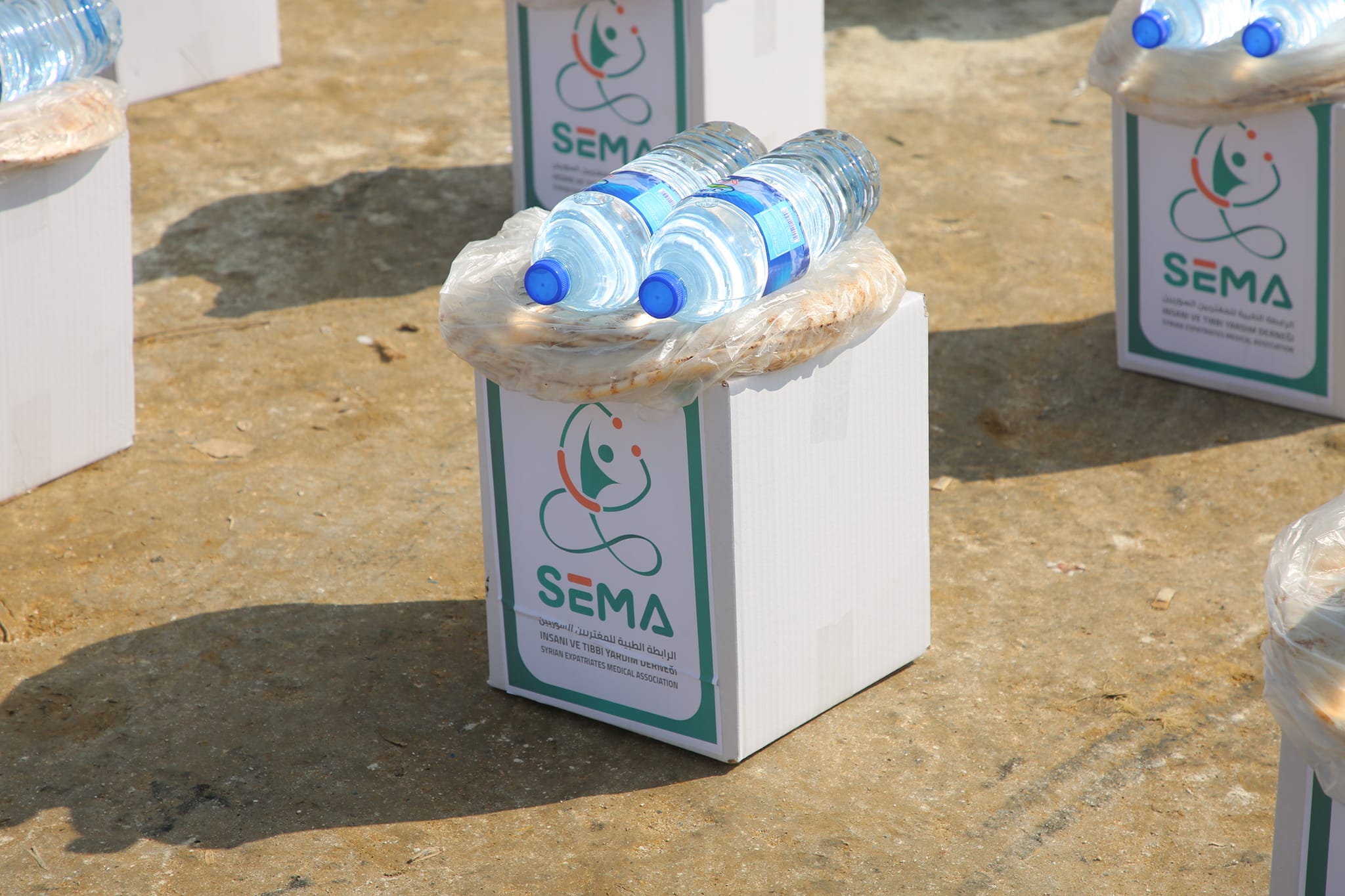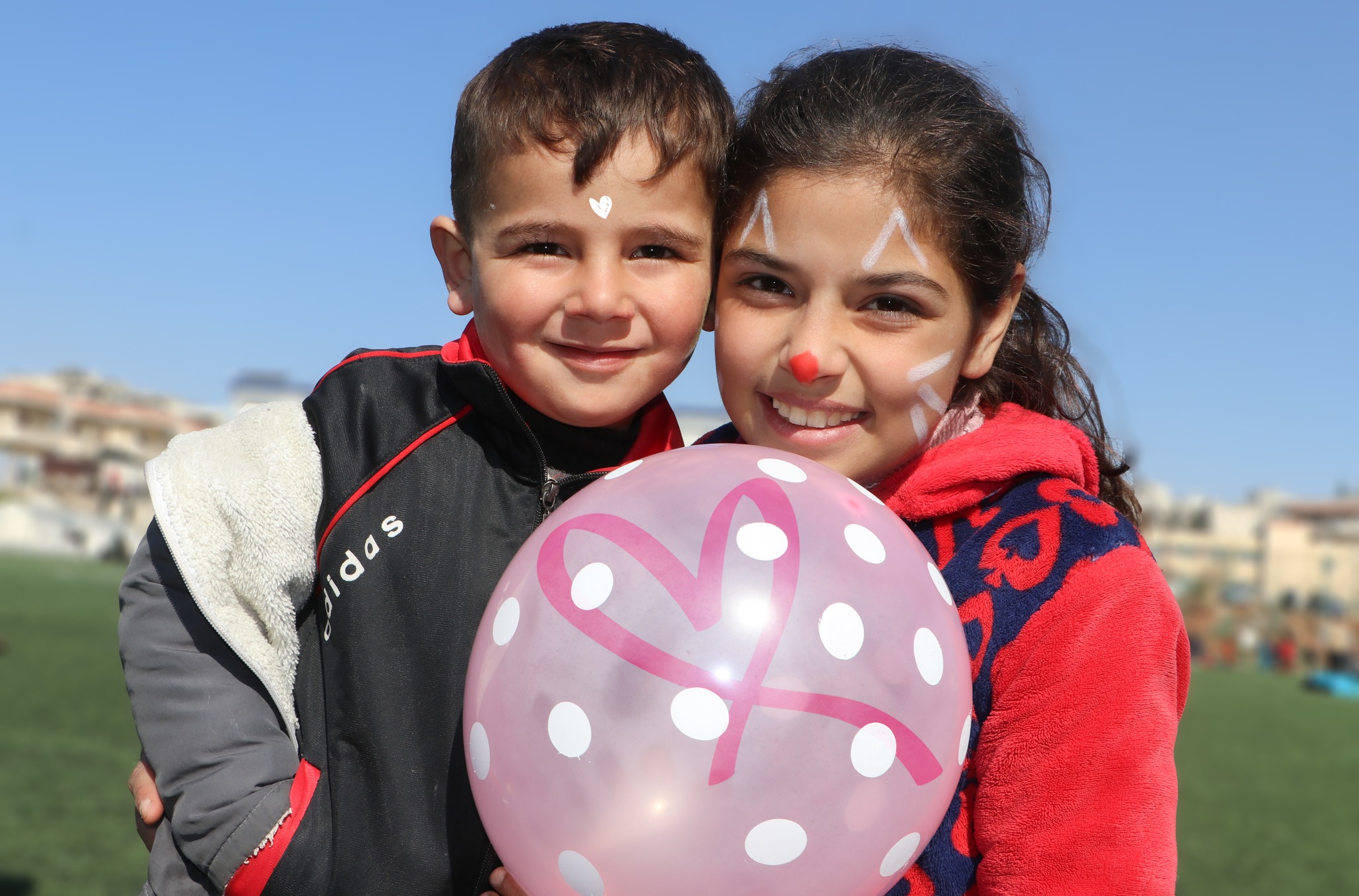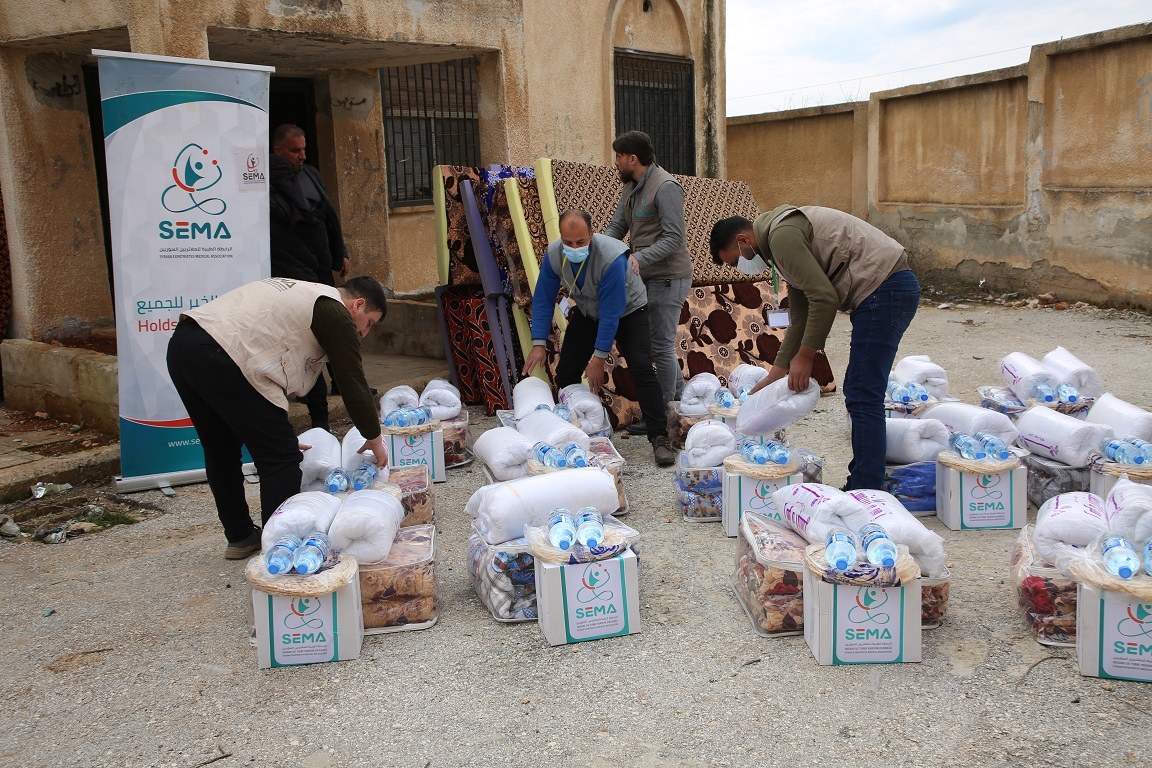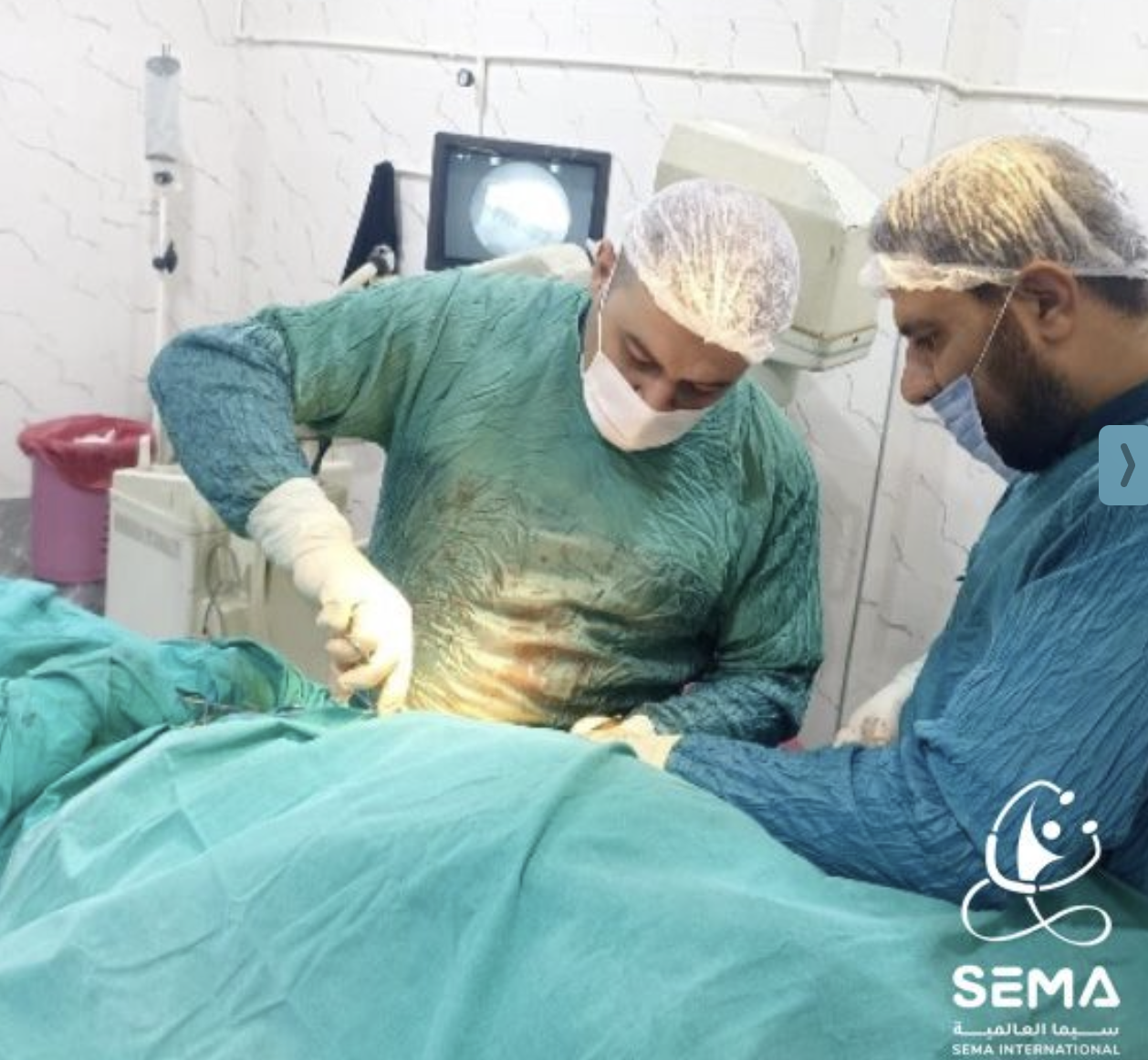In the realm of Islam, the spirit of compassion and social unity reverberates through the principle of extending a supportive hand, emphasizing care for the vulnerable, and nurturing a bond between the affluent and the less fortunate.
Narrated An-Nu`man bin Bashir: Allah’s Messenger (PBUH) said, “You see the believers as regards their being merciful among themselves and showing love among themselves and being kind, resembling one body, so that, if any part of the body is not well then the whole body shares the sleeplessness (insomnia) and fever with it.” [Sahih al-Bukhari 6011]
This article delves into the virtue of charity in Islam, exploring its profound impact on Muslim refugees and those grappling with adversity.
Introduction
The protracted war has left in its wake millions of refugees and displaced individuals. To exacerbate matters, natural disasters, like the recent earthquake affecting tens of thousands in Turkey and northern Syria, further ravaged the lives of already vulnerable populations, mainly refugees and displaced individuals enduring dire circumstances.
We aim to shed light on Muslims’ profound challenges in refugee camps, emphasizing the critical role of zakat and charitable contributions in ameliorating their circumstances and drawing upon our extensive decade-long experience and daily engagement with affected families.
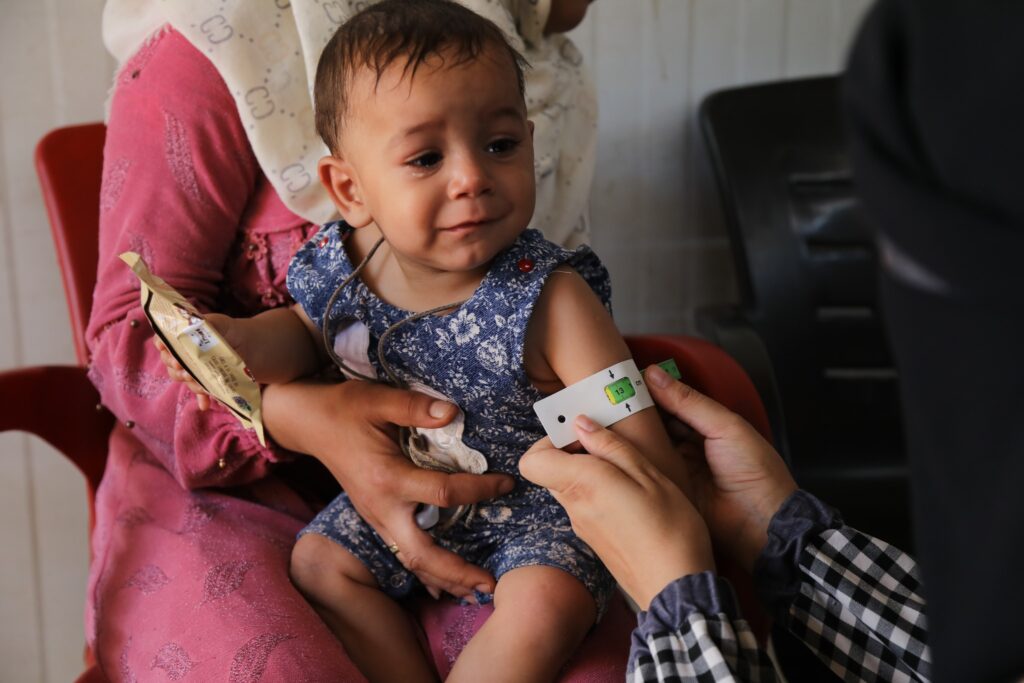
The Challenges Faced by Syrian Refugees
The ongoing crisis in Syria has resulted in a significant influx of refugees facing multifaceted challenges in camps, particularly in northwest Syria.
Challenges faced by Syrian refugees in NW Syria include:
- Limited access to food resources, sanitation facilities, and clean water contributes to health issues.
- Winter months intensify difficulties with heavy rain and snow.
- Psychological strain and social challenges impacting the vulnerable.
- Instability in living situations due to shelter-based accommodation.
- Lack of support for establishing sustainable livelihoods.
- Insufficient capital and supplies for income-generating activities.
- Prevalence of infectious diseases.
- Risks of gynecological health and childbirth complications.
- Malnutrition risks, particularly for children.
- Scarce resources and shortage of medical equipment and personnel.
- Overcrowding in camps exacerbates health challenges.
The Power of Sadaqah in Building Hope
Allah (SWT) said: (Indeed, those men and women who give in charity and lend to Allah a good loan will have it multiplied for them, and they will have an honorable reward) [Surat Al-Hadid 18].
Sadaqah, rooted in Islamic teachings, holds a profound significance in the path of righteousness. While it differs from obligatory zakat as it’s a voluntary charity, Sadaqah reflects a believer’s sincerity, strengthening the bond with Allah (SWT).
Its impact transcends mere monetary donations, embodying a broader essence deeply ingrained in the Islamic faith.
The Hadith of the Prophet Muhammad (PBUH) illustrates the multifaceted effects of Sadaqah:
- It serves as a means to purify souls.
- Earning Allah’s pleasure, erasing sins.
- Protecting from the torment of Hell.
- And even becoming a reason for the healing of the sick.
- Moreover, it brings blessings and an increase in livelihood while doubling rewards.
Anas bin Malik narrated that the Messenger of Allah (PBUH) said:
“Indeed charity extinguishes the Lord’s anger and it protects against the evil death. [Jami` at-Tirmidhi 664]
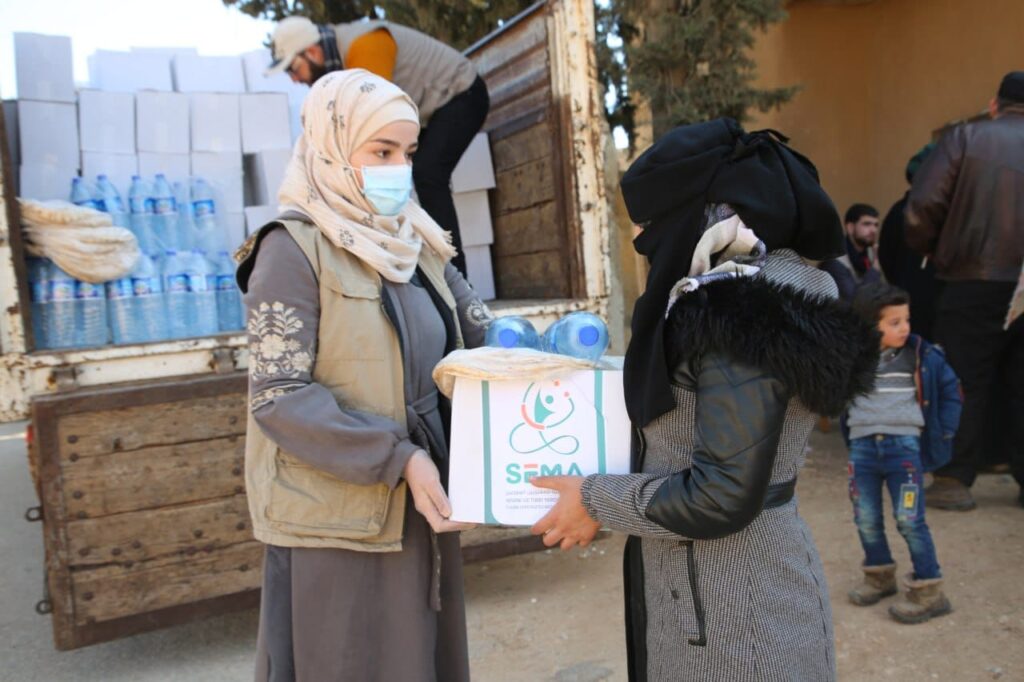
The Impact of Sadaqah on SEMA’s Work
Sadaqah significantly contributes to SEMA’s operational capacities, particularly in serving the growing number of refugees and displaced Muslims.
These donations are a vital financial resource, enabling SEMA to expand and enhance its relief and medical services for the vulnerable.
Examples of this support include:
- Facilitating medical treatments by procuring essential medicines, establishing clinics within refugee camps, funding surgeries, employing medical staff, and providing psychological and social support services.
- Ensuring access to necessities, including food, clean drinking water, and specialized diets for patients.
- Moreover, it aids in offering support for livelihood, education, and training.
Conclusion
In summary, the transformative power of Sadaqah extends far beyond a mere act of giving. It embodies compassion, relief, and ongoing support, touching the lives of those in dire need.
As the Prophet Muhammad (PBUH) taught us, supporting our brothers and sisters through their struggles and relieving their pain is a form of ongoing charity.
Your contributions, whether big or small, have the potential to create a lasting impact on the lives of Syrian refugees and the vulnerable. Join our mission to spread hope, alleviate suffering, and build a brighter future for those affected by crises.
Your generosity can truly make a difference!
FAQ
What types of Sadaqah can be given to SEMA?
SEMA accepts various forms of Sadaqah, including monetary donations, in-kind contributions, and volunteer assistance.
How does SEMA ensure transparency in the utilization of Sadaqah funds?
SEMA maintains transparency by providing regular financial reports, ensuring accountability in fund usage, and adhering to auditing standards.
Can Sadaqah donations be targeted toward specific SEMA programs?
Donors can specify their Sadaqah towards particular SEMA programs, ensuring their contributions support a chosen area of relief work.
Read More:
Sadaqah and Sustainable Development: SEMA’s Vision

